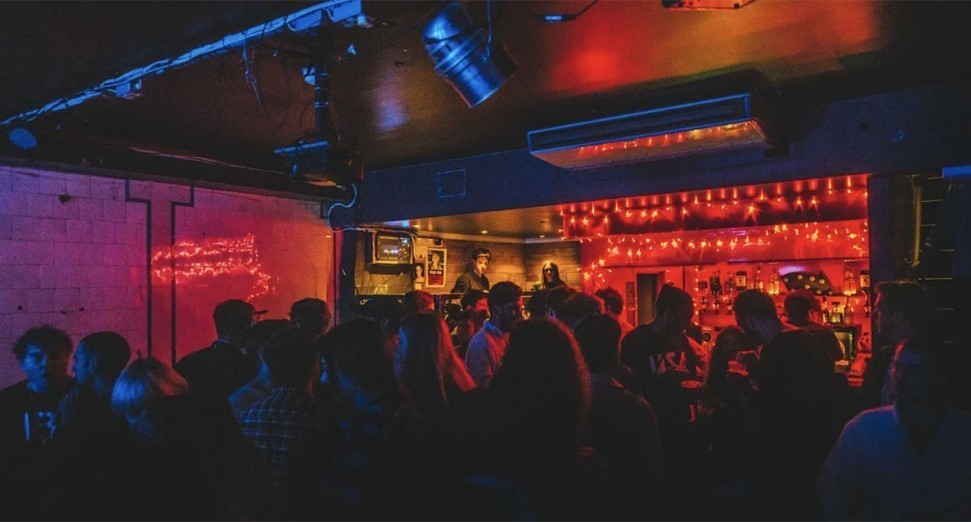
UK Government’s new self-employment support grants reduced to 20%
UK Chancellor Rishi Sunak has unveiled a series of new measures relating to employment and economic support in the midst of the ongoing coronavirus pandemic.
As part of today’s announcement, it was revealed that the UK’s Self-Employment Income Support Scheme (SEISS), which commenced in March, would be extended until 30th April 2021. However, there have been significant reductions to the grants being made available to self-employed people.
Self-employed workers will be able to apply for support in the form of two taxable grants, covering the periods of November – January and February – April respectively. The first grant will cover 20% of self-employed workers’ average earnings over three months, capped at £1850.
It is a significant reduction to both of the three-month grants presented in March, which offered 80% and 70% of average monthly earnings, capped at £7500 and £6,570.
Only those who were eligible for the previous SEISS will be able to apply this time. Applicants must have submitted a tax return for 2018/19, must earn more than 50% of their total income from self-employment work, and must earn no more than £50,000. You can see the full list of requirements here.
As of August 2020, there are approximately 4.76 million self-employed people in the UK – 14.5% of those employed. That figure is a record 238,000 fewer than in the previous quarter.
The majority of those working in the music industry are freelance or self-employed, and the industry is expected to take yet another hit as a result of these measures amid the ongoing pandemic.
Sunak also announced the end of the furlough scheme in the UK, and introduced a new Job Support Scheme for businesses, which will top up the wages of employees working at least a third of their normal hours, with employers paying the remaining 55%. Learn more about SEISS and the Job Support Scheme here.
As for how this applies to clubs and music venues, which are already facing devastation due to the pandemic, an official statement from the Music Venue Trust says the measures “fails to address the needs of the live music sector.”
MTV CEO Mark Davyd said the move did not address the specific challenges faced by the live music industry. “The government has made it clear that it does not believe that the time is right for the live music industry to return to work, and where limited events, under substantial restrictions, are permitted, the income generated is insufficient to meet any of the government targets for employer contributions.
“Bluntly, no part of the live music industry is in a position to pay 55% of its employees salaries in order to access the government support which is entirely conditional on doing that.”



